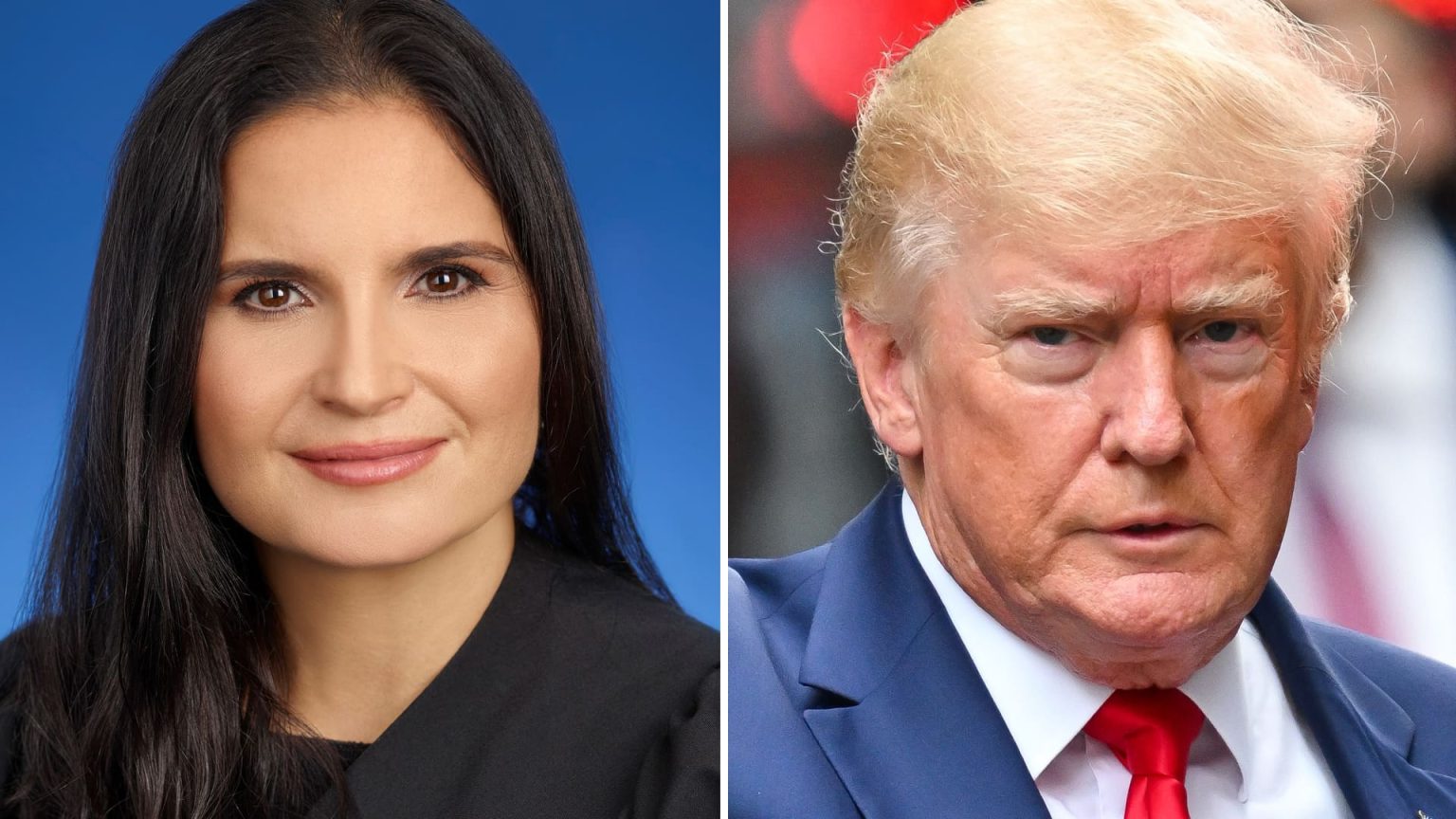A Florida federal judge appointed by former President Donald Trump rejected his request — for now, at least — to delay the scheduled May 20 start of his criminal trial for keeping classified government documents after he exited the White House.
Trump has pleaded not guilty in the case, arguing that he had the right to take whatever he wanted from the White House.
On Friday, Trump went a step further and acknowledged that “various people” in and around the club saw the “papers and boxes” that he took with him, which prosecutors say contained 1,545 pages of classified material.
“Of course they did! They may have been the boxes etc. that were openly and plainly brought from the White House, as is my right under the Presidential Records Act,” Trump posted on social media.
Under the Presidential Records Act, which became law in 1978, “any records created or received by the President as part of his constitutional, statutory, or ceremonial duties are the property of the United States government and will be managed by NARA at the end of the administration,” the National Archives notes on its website.
“Under the PRA, the official records of the President and his staff are owned by the United States, not by the President,” the site says. The Archives is required under the law to take custody of these records when a president, including Trump, leaves office.
Trump is charged in the case with retaining classified government documents after his presidency ended in January 2021 and taking steps with employees of his Mar-a-Lago club in Florida to prevent government officials from recovering them.
In a ruling Friday, Judge Aileen Cannon said she would reconsider her decision next spring, after a hearing in the case March 1. That is just three days before Trump’s trial in another federal criminal case is scheduled to begin in Washington, D.C., related to the aftermath of the 2020 election.
Cannon also on Friday extended the deadlines for a series of pre-trial legal filings in the case, citing what she called “evolving complexities” related to the production of evidence to Trump’s lawyers, which includes a sizable increase in the amount of classified information involved in the case.
“Defendants need more time to review the discovery in this case,” Cannon wrote in her order in U.S. District Court in West Palm Beach. “This Order aims to afford that opportunity in a reasonable fashion, balanced against the public’s right to a speedy trial.”
The timing of Trump’s trial in this case is significant because he is facing three other criminal cases that could also see him stand trial in 2024.
Trump is currently the front-runner for the Republican presidential nomination, and his lawyers have argued that criminal trials will interfere with his political campaign activities. So far, judges have not been sympathetic to this argument.
Trump is separately charged in D.C. federal court with several crimes related to his attempt to undo his loss in the 2020 election to President Joe Biden.
He also is charged in Georgia state court with conspiracy for his effort to reverse his loss to Biden in that state in the election that year.
He is charged in New York state court in Manhattan with falsifying business records related to hush money payments to two women before the 2016 election to keep them quiet about claims they had sex with him.
Don’t miss these stories from CNBC PRO:
Read the full article here




